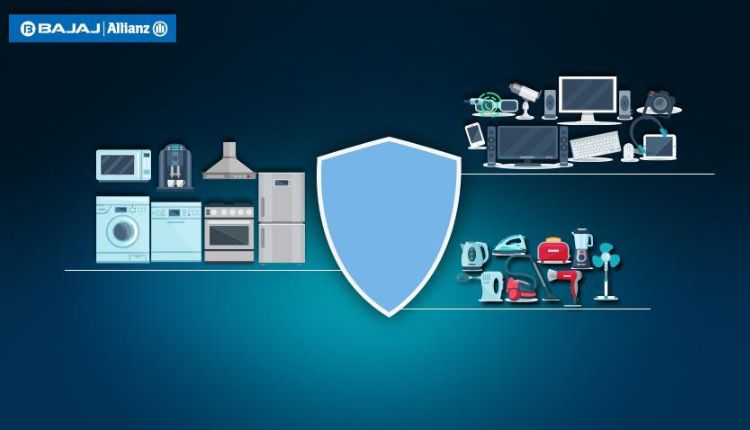An Appliance Extended Warranty, also known as an appliance protection plan or home appliance insurance, can help cover repairs for appliances that aren’t covered by the manufacturer warranty. But these plans can be expensive, and there’s a chance you may not end up using them. To choose the right plan for you, request quotes from several providers and read their service contracts thoroughly.
Cost
Appliance Extended Warranty, also known as protection plans or service contracts, can help protect homeowners from high repair and replacement costs when their appliances break down. These warranties are often offered by retailers, manufacturers, and third parties. Depending on the plan you choose, these extended warranties may offer different coverage terms and lengths, but they all typically provide access to a network of qualified service technicians and reduce out-of-pocket expenses. However, a word of caution: many appliance extended warranty companies require customers to pay an additional deductible each time they make a claim. This can add up quickly and significantly erode your overall savings.
Also, most appliance extended warranty companies only cover repairs made by authorized service providers. These companies have factory-trained technicians, access to the latest service bulletins, and a parts warehouse on hand. This is a big difference from Donny, the local handyman who uses his station wagon as a toolbox and charges twice as much to fix your refrigerator!
Coverage
Most new appliances come with a manufacturer’s warranty that typically covers the cost of repair or replacement. An extended appliance warranty can be purchased separately from the manufacturer, or it can be included in a home warranty plan that offers coverage for a suite of home systems and appliances. It’s important to request quotes from multiple providers and carefully review the service contract before purchasing an extended appliance warranty. Make sure to look for a description of what is covered, as well as a breakdown of the service fee. Some warranties have exclusions that could make them less useful, such as a requirement to use only pre-approved repair or maintenance technicians.
Some warranty plans also require that an appliance be maintained regularly to prevent future problems. This is often done by a professional technician, and can be costly. You may also find that some warranties have conditions that overlap with a manufacturer’s warranty or with a warranty offered by a credit card issuer or retailer.
Requirements
If you’re a homeowner, you should consider purchasing an appliance extended warranty. These warranties typically cover repair and replacement costs for appliances that malfunction within a certain period. They are usually available from the manufacturer, retailer or a third-party service provider. They provide experienced service technicians and a streamlined process for making a claim. Many of these extended warranties are offered by retailers and may be bundled with other products. However, some companies offer standalone home appliance insurance policies. These policies are generally cheaper than extended warranties and offer more comprehensive coverage.
Appliances can be expensive to repair, but the right maintenance and routine checks can extend their lifespan and optimize their performance. CPS Central provides regular reminders to perform preventive maintenance, reducing the risk of unexpected repairs and breakdowns. They also offer flexible appliance protection plans to meet your needs. Their plans are transferable, adding value to your home when you sell it. They even offer a money-back guarantee in case you’re not satisfied with their services.
Perks
A home appliance insurance covers repair and replacement costs for a set period of time. The cost of the plan can vary, but many include additional perks that make the investment worth it. For example, Best Buy’s premium protection plans cover the cost of food spoilage while Lowe’s offers a two-day service guarantee for customers in its metro areas. Some plans also allow you to transfer coverage when you sell the appliances.
Most manufacturers provide a limited warranty on new appliances, but if you want extra protection, a home appliance warranty is an excellent option. These warranties cover most major appliances, including refrigerators, ovens or cooktops, dishwashers, laundry machines, and HVAC systems. A good home appliance warranty company can help you find a qualified technician and schedule your repairs quickly. It can also take care of sourcing replacement parts and scheduling routine maintenance. This makes it easy to keep your appliances in tip-top shape.
Conclusion
Purchasing an extended warranty to cover repairs on major appliances can be a worthwhile investment for some. But it’s important to weigh the pros and cons. These plans generally don’t cover wear-and-tear, but only break downs caused by manufacturer errors. And they may be redundant if you already have a credit card that offers an included manufacturer warranty.












